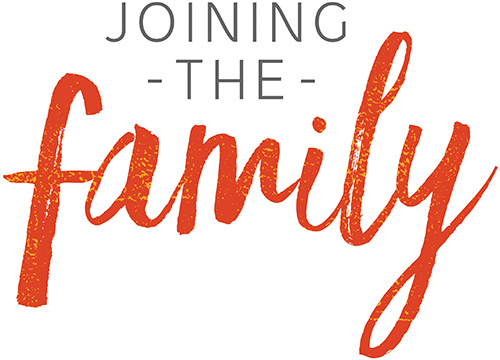The power of stories for individuals and communities alike has long been recognised: to teach – folk tales/parables/proverbs; to inspire – biography; and to build community and values – Aesop’s tales, Mullah Nasruddin stories of the Sufis and the Bible’s Good Samaritan.
And there is the historical narrative of the nation, drawing together disparate peoples under the one national flag and engendering a sense of pride and belonging. More recently there has been the dismantling of some of those stories which have always been told from the point of view of the dominant group, or powerbrokers. Other voices have been raised and stories, hitherto untold, are being heard. These stories have challenged conventional accounts, broadened and hugely enriched the national narrative, and have the capacity to bring a greater sense of inclusion for all.
Much of our own personal identities are constructed through story. There are those funny growing up moments which are regaled at family gatherings; those stories of struggle, danger or near disaster and those tales of happy co-incidences, of subsequent unexpected joys and of pride in achievements. Hearing these stories over and over again serves to form our identity and tell us who we are.
Did you know that well over 50% of the Bible is narrative? Jesus teaches our new identity narratively and even Paul, who is known for writing propositional text refers, at times, to the narrative of the Old Testament patriarchs as a way in which to press his message home.
So why do we share stories?
To connect
Across culture, age, faith and difference – as those made in the image of God who both loves this diversity and is the supreme communicator.
To give voice to what’s inside
Giving voice to our experience – past and present, to our disappointments, to our hopes and dreams and what could have beens.
To make meaning of our lives
To sift the truth from the lies – lies we have been told and lies we tell ourselves.
To unentangle the myriad threads of confusion within.
To come to some sort of resolution.
To hear truth, and in hearing it to find healing
Experiencing the freedom to share and receive in the context of the sacred space that is engendered in the rite of listening and being heard.
In hearing Jesus stories and his dealings with people, noting the parallels to elements of our story and seeing how the threads of these sacred stories are woven into ours; sensing that we have a place in God’s grand narrative and as we emerge into new life in Christ, discovering that from the beginning our story has been entwined with God’s story!
A group of women have been finding that great healing is to be found in the telling of and listening to stories of transition from a past identity into a new one – the identity of being in Christ. The journey, for some has been long and lonely with real danger to body or to mind; and for all it has held significant challenges. Giving voice to these stories, group individuals have been able to re- visit and bring together the other selves they have been. In the act of this revisiting and repeating through story, some things can be laid down, let go and allowed to die. Step by step, there is freedom to build into the new; and as they pay attention to the Jesus encounters and hear the truth of who they are in His sight, their true selves are found in Christ. The gift of this sacred space, where there has been true listening in order that others might be heard, has brought a measure of freedom, cleansing and healing.
At Joining the Family, some of us are beginning to take more seriously the tool that story telling can be in equipping the Body of Christ, at large, who are welcoming those from a Muslim background to their community. Look out for resources which we will be posting on the website over the next few months.
New voices are bringing fresh insight to the conventional narrative of nations. When we learn to make space for believers from a Muslim background to declare who they are, make their mark by owning the Story, not as an other’s but as theirs, imagine how enriched the Body of Christ will be!
Written by Miriam Williams
